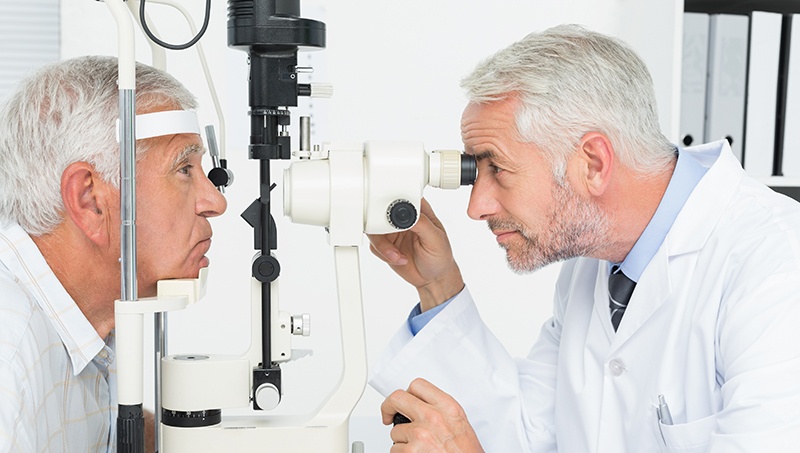If you’ve been noticing a gradual blurring of your vision, and your eye doctor confirmed you have cataracts, you might be feeling a bit overwhelmed. No one wants to have this progressive cloudiness,
hardening, and yellowing of the normally transparent lens of the eye, as it can interfere with your daily life. Worse yet, you might’ve heard that cataracts are still one of the two leading causes of vision impairment (including blindness) around the world.
But be reassured that there are many options for you on how to treat cataracts and if you do end up needing cataract surgery, it’s advanced a lot in recent years. Here’s what should come next after finding out you have cataracts.
Meet with an eye doctor
If you are experiencing symptoms you feel are related to cataracts first schedule an appointment with your regular eye doctor. During that appointment, you’ll discuss with your doctor how much the cataract is impacting your vision on a daily basis (if at all), how long it’s been doing so, the severity of cataracts you have and the surgical options available to you.
Determine wether surgery is right for you
If you have a cataract that hasn’t been hampering your vision much, you might be perfectly fine avoiding surgery, at least for now. But if your cataracts are negatively impacting your daily life, surgery might be your best choice. If you choose to move forward with Cataract Surgery, you can contact one of our online consultants. Our consultants will discuss the best timeframe for you to get the surgery. This is the time to ask all the questions you might have, and make sure you understand your specific situation.
Know your options
Your cataract can be removed with a laser instead of manually, by hand. The laser technique is gentler on the eye and it can lower the risk of cataract surgery. After your cataract is removed, you’ll have an intraocular lens implanted into your eyes. There are several options of lenses created for specific visual needs:
- Standard Single Vision lens – The goal of this lens is clearer vision. Expect to wear glasses full time with this option after surgery.
- Multi-Focal/Extended Depth of Focus lens – This type of lens can give you both good distance, and mid-range vision after surgery. This lens also lessens the need for reading glasses.
- Precision Single Vision lens – This type of lens can be used to give you precise distance or near vision depending on what range of vision is most important to you. You will still need to wear glasses some of the time.
Make arrangements
Once you’ve figured out the type of surgery you’ll be going with, all you need to do is book your flight ticket to Antalya and send us a screenshot of your flight confirmation. We will take care of the rest and save you all the hustle from the moment you arrive at Antalya airport.
Have any other questions? We’d love to help you navigate your cataract situation and get you the best possible vision. Please contact us to schedule an online consult.

